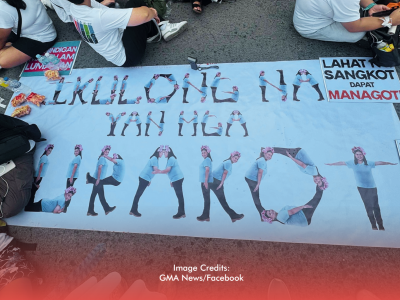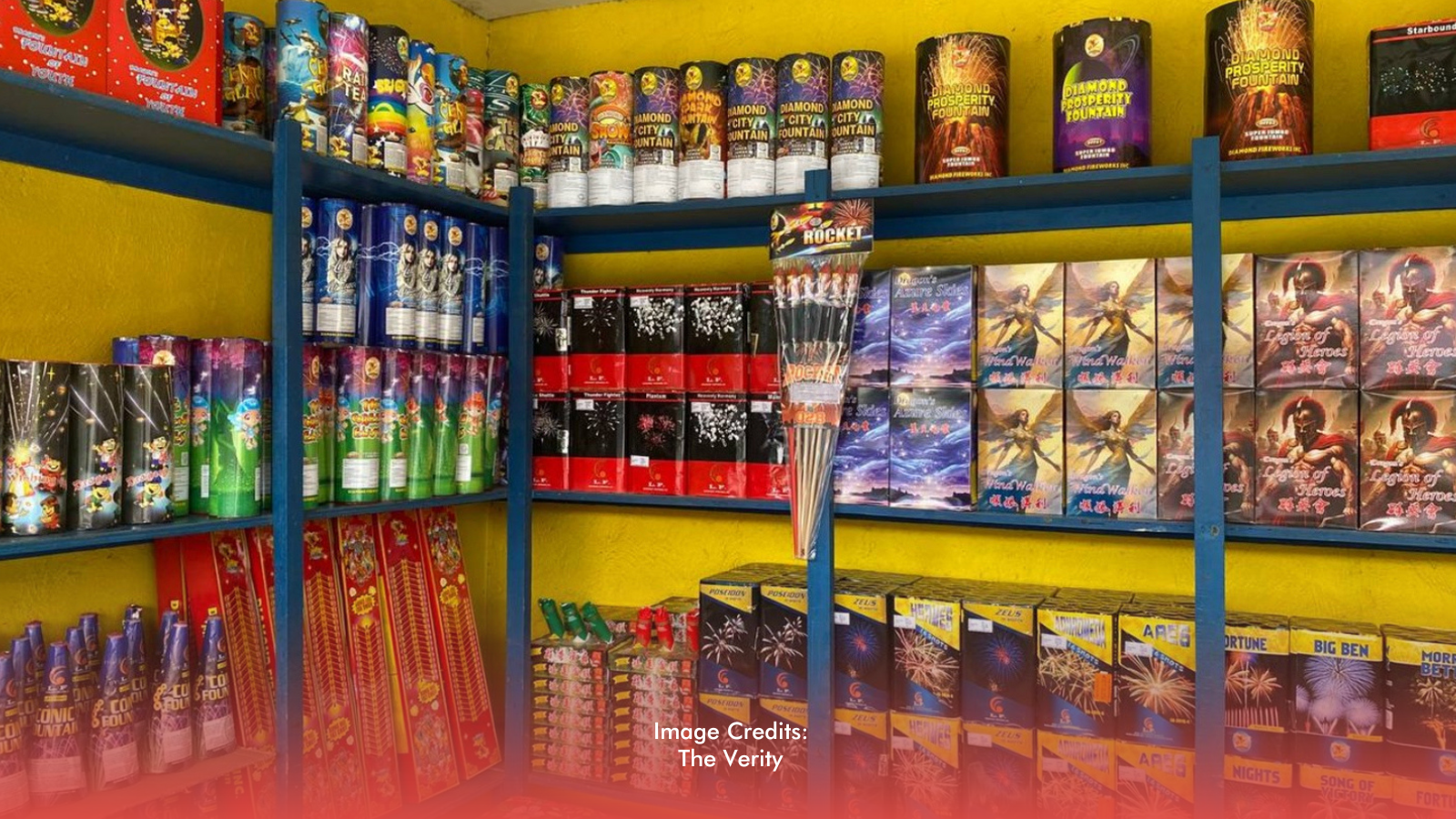Manila has been ranked 206th out of 1,000 cities in the 2025 Global Cities Index, as revealed by Oxford Economics. This ranking highlights a complex mix of achievements and challenges for the Philippine capital, with notable performance in economics and human capital but struggles in quality of life and governance.
Key Factors Behind Manila’s 206th Ranking
Manila ranked 158th in economics, benefiting from its role as the Philippines' business hub. The city’s workforce and economic growth contribute to this strong score. In human capital, Manila performed better, placing 93rd due to a large, young, and increasingly skilled labor force.
However, the city struggled in other areas. Its quality of life ranking was 373rd, reflecting ongoing issues like traffic congestion, pollution, and limited affordable housing. Governance was another weak point, with Manila placing 604th, showing concerns around political stability, transparency, and public services. Despite these challenges, Manila scored well in environmental factors, ranking 30th. Efforts to manage waste and promote green spaces have improved the city’s environmental standing.
Manila’s Place Among Developing Megacities
The 2025 Global Cities Index also categorizes Manila as a “Developing Megacity,” a group of urban centers with over 10 million people. These cities face unique struggles with infrastructure, services, and governance due to rapid population growth. While Manila is growing economically, its infrastructure often lags behind, leaving residents to deal with overcrowded public transportation and subpar public services.
Other Philippine Cities in the Rankings
Manila was not the only Philippine city to make the list. Cebu City, at 470th, was highlighted as an “Emerging Standout,” with a stronger-than-average performance in productivity and income levels. Other cities like Davao and Bacolod also made the rankings but still have a long way to go to improve their standing on the global stage.








